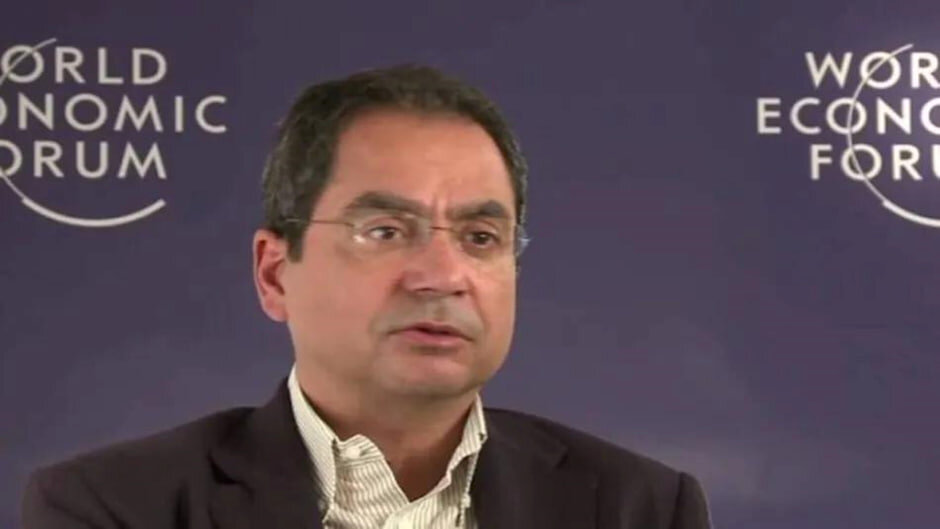Salam’s sterile government tasked with implementing World Bank’s directives

BEIRUT—Five months have passed since the formation of Nawaf Salam’s government; however, his promises are merely ink on paper.
Salam’s ministerial statement, issued on February 26, regarding "accelerating the reconstruction of what was destroyed by the Israeli aggression and eliminating the damage" has not been implemented.
In contrast, Nawaf Salam’s government unrelentingly complies with the World Bank's conditions.
According to its website, the World Bank has 10 active projects in Lebanon, worth $4.4 billion, of which $2.46 billion has been disbursed so far, and $1.34 billion has been cancelled. The interest rate of these loans amounts to $786 million (equivalent to 3% of GDP).
During the current year, under the pretext of emergency reconstruction assistance, the World Bank loaned Lebanon $250 million. It also loaned $257.8 million to provide water to the Greater Beirut area.
In 2024, Lebanon was loaned $250 million, allegedly to promote the alternative energy system, and $29 million to help manage the financial situation.
These loans confirm the failure of Nawaf Salam’s government and its ministers, most notably Joe Saddi, the Minister of Energy and Water from the Lebanese Forces party, who is striving to marginalize Electricité du Liban (EDL).
Hence, Lebanon —whose name has been associated for decades with electricity crises and recurring blackouts— appears to be facing a new “adventure” led by the Lebanese Forces party.
This involves extending an electrical undersea cable from Cyprus to Beirut as a “promising” solution to the worsening electricity crisis, a distance of approximately 190 kilometers.
Obviously, no detailed official or technical studies have yet been presented to the Lebanese public, and neither the Lebanese nor Cypriot ministries of energy have issued any clear positions on the implementation mechanisms or the entity that will supervise the project.
Leaks reveal a portion of the violations that impose choices that do not serve Lebanon's best interests.
Contracts with service providers—Murad, KVA, NEUC, and BUS—were renewed via email, at the direct order of the World Bank, allegedly “to ensure business continuity.”
The World Bank claims that Electricité du Liban (EDL) is not ready to retake control of the distribution and services sector and cannot ensure the continuity of billing, maintenance, or operation of several transformer stations.
Besides, the World Bank set specific deadlines for the recovery of Lebanon's electricity sector, which are no less than two years.
The World Bank, dubbed by the Argentine people as “The Devil’s Fund”, has been and continues to blackmail and drag countries into debt traps, which sucks up their wealth and exploit it to the fullest extent!
When Malaysia experienced the Asian Tigers crisis, Malaysia’s former PM Mahathir Mohamad refused to accept any international loans and successfully overcame it with minimal losses compared to other countries.
In an interview with Bloomberg, Mahathir Mohamad says, “When we borrow money from them, the condition they often impose is that they have a hand in the management of the economy of the country, including the finances.”
Mahathir succeeded in managing the Malaysian economic crisis without relying on international financial institutions and in transforming Malaysia into an economic giant. Is there anyone who takes heed?
In the foreseeable future, the formal electricity sector in Lebanon is headed toward collapse, as the World Bank desires.
Leave a Comment